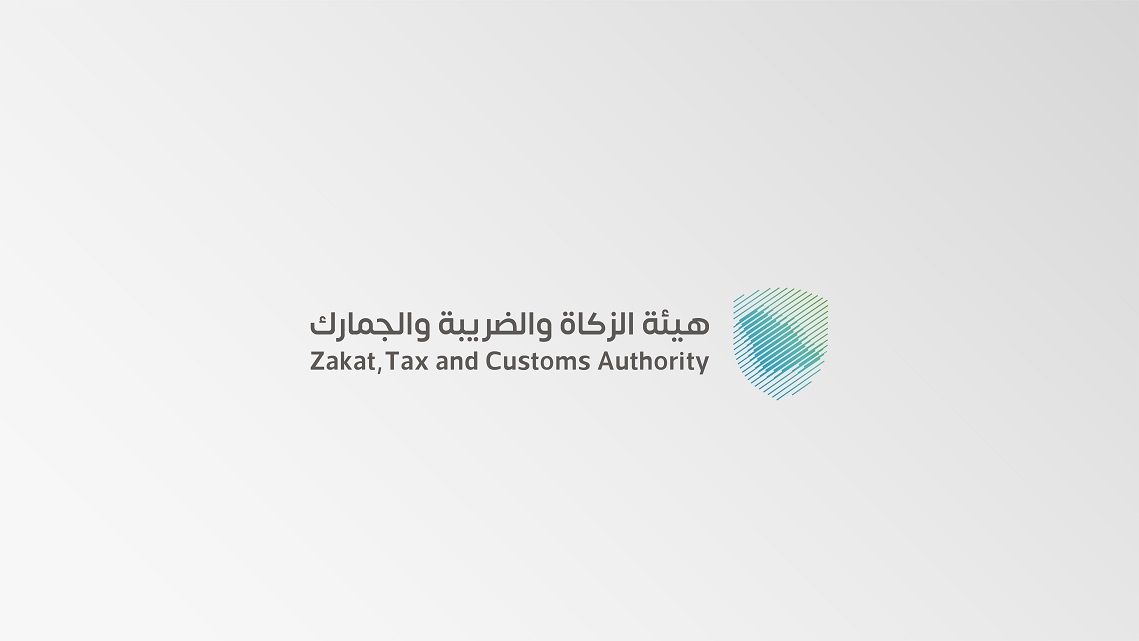Zakat, Tax and Customs Authority (ZATCA) clarified that it has today initiated the procedures for implementing Phase Two (Integration Phase) of E-invoicing which aims to integrate E-invoicing solutions of taxpayers subject to the E-invoicing Regulation with ZATCA's platform (FATOORA), where ZATCA will inform and communicate with the targeted taxpayers to complete procedures for implementing Phase Two (Integration Phase) of E-invoicing.
ZATCA has revealed that the implementation of Phase Two (Integration Phase) of E-invoicing project will begin on 1st of January 2023 with the selected taxpayers in the first wave, while stressing that the taxpayers in the first wave were selected based on the revenue subject to VAT for the year of 2021 exceeding (3 billion) SAR.
Based on the revenue subject to VAT for the year of 2021 exceeding (3 billion) SAR
ZATCA has stated that Phase Two (Integration Phase) requires additional requirements, the most prominent are to integrate taxpayer's E-invoicing solutions with ZATCA's Platform (FATOORA), issue electronic invoices based on a specific format, and include additional fields in the invoice. Furthermore, Phase Two (Integration Phase) of E-invoicing would take place gradually and into waves, and ZATCA would inform the following waves directly at least six months before their integration date.
ZATCA has noted that the launch of Phase Two (Integration Phase) is an extension of the economic development and digital transformation taking place in the Kingdom, and in continuation of the success story that began with Phase One of the implementation of E-invoicing, which achieved positive results, most notably raising the level of consumer protection in the Kingdom. On the other hand, praising the great awareness of taxpayers and the rapidity response in the implementation of Phase One (Generation Phase).
It is worth mentioning that Phase One (Generation Phase) of E-invoicing, was introduced on December 4, 2021, which obliges taxpayers subject to E-invoicing Regulation to stop generating handwritten invoices or computer generated invoices through text editing software, and make sure that there is a technical solution for E-invoicing that is compatible with the requirements. In addition to generating and storing of E-invoices with the required fields, including the QR code and other requirements.

